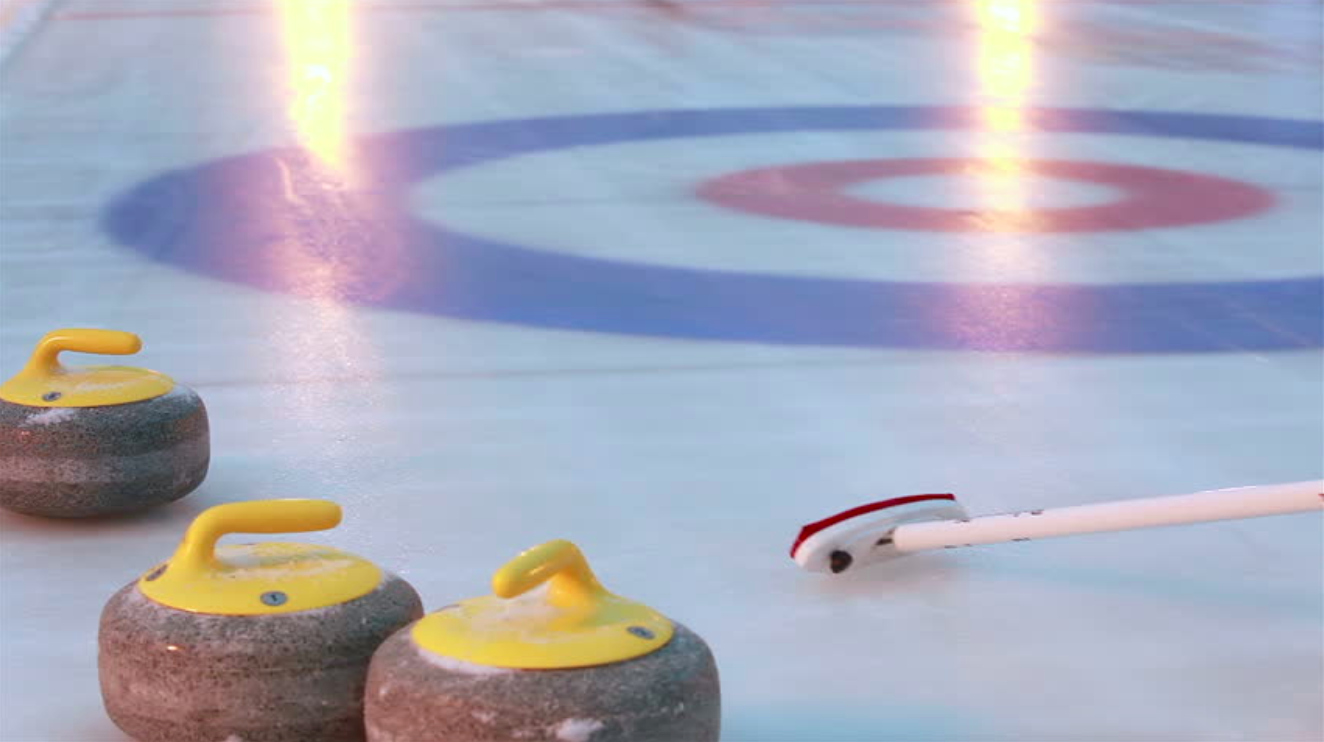A hushed silence came over the crowd of fans and journalists gathered on a knoll in Sochi, Russia. Suddenly, Mac Bohannon, an 18 year old American aerial skier, flies through the sky, twisting and turning while keeping a near perfectly rigid posture. Seeing him nail his landing, the crowd claps after seeing that his score was enough to make the semifinals.
At first this scene appears to be quite bizarre. In fact, to the common spectator it might be difficult to figure out what the sport is. The answer is aerial skiing, a discipline of freestyle skiing in which skiers are launched off a four meter jump before performing a series of tricks and landing on a hill below the jump. Each athlete is scored by a panel of judges who grade their jump takeoff, jump form, and landing before they factor in the degree of difficulty.
Aerial skiing is just one of many competitive sports at the 2018 Pyeongchang Winter Olympic Games that many average Americans have little knowledge of. Unlike their incredibly popular counterparts like hockey, figure skating, and the half pipe, which dominate prime time television, these more obscure sports tend to air in the wee hours of the morning in the United States, if they get any coverage at all. The athletes competing, however, have worked just as hard and dedicated their lives in a similar manner to earn the opportunity to represent their homelands in Pyeongchang.
Although curling seems to dominate jokes about the Winter Olympics, and causes some people to even question its status as a sport, many people have absolutely no idea how it works. The goal is for a team of 4 people to slide a large stone onto a target 57 feet down ice from them where their accuracy is judged for a score. The teams consist of throwers and sweepers, and their jobs are pretty self-explanatory. The throwers are the athletes who push the stone down the ice and the sweepers are athletes who use special brooms to help direct the stone by speeding it up or slowing it down. Although the United States has competed in curling for many renditions of the games, the sport has been dominated by Canadians and Brits and has seen an increased popularity in the Nordic nations.
While Curling might not be the most thrilling event at the Pyeongchang Olympics, Skeleton very well could be. Taking place on the same course as the Bobsled and Luge, the race involves a single rider who begins with a running start before sliding downhill headfirst at speeds near 85 miles per hour and forces up to 5g.
The event debuted at the 1928 rendition of the game in St. Moritz, Switzerland and again when the games returned to the ski town in 1948. The IOC then dropped the event from the Olympic schedule until its permanent return in 2002 at the Salt Lake City Games.
Although the United States has had considerable success in the event, winning five total medals for the men and four for women, the favorites in Korea are Latvia’s Martins Dukurs and Great Britain’s Lizzy Yarnold, both of who are the reigning Olympic gold medalists.
The sport gets its creepy name from the minimal shape and size of the sled on which the riders compete. Unfortunately, while the sport is exhilarating for many viewers at home, it is incredibly risky for athletes and hardly a broadcast goes by without a horrifying crash of some sort.
Finally in Pyeongchang there will be an eSport competition concurrent with the Olympic Games. Although it is not an official Demonstration Sport, the competition is being hosted by Intel Extreme Masters with support from the International Olympic Committee. The games included in the competition will be StarCraft II and Steep. While StarCraft II does not have any apparent connection to athletics, Steep is a skiing game which relates partially to the games.
The 2018 Olympic Games officially start with the Opening Ceremony on February 9, and make sure to be on the lookout for some of these bizarre, extreme, and downright confusing sports as you cheer on Team USA.

